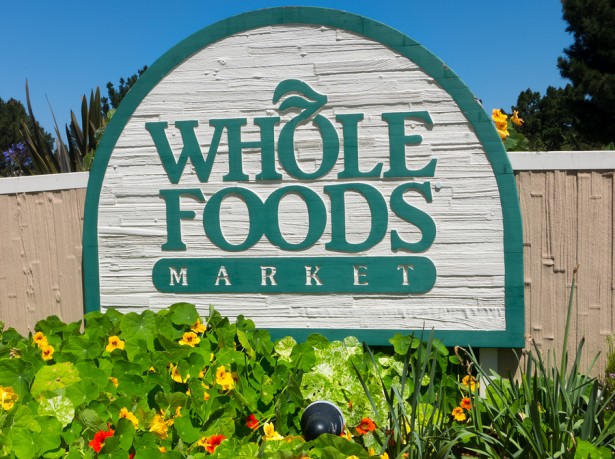Whole Foods Market established its new rating program Wednesday for its inventory of fruits, vegetables and flowers that will provide consumers with important environmental information, such as the product’s pesticide usage, treatment of farm workers and impact on waste management.
“Responsibly Grown” will rate its products as good, better or best. These ratings would be subjected to scrutiny regarding the supplier’s plastic waste handling, the farm’s waste reduction policies or its conservation area for pollinators. This is certainly the first of its kind program.
For instance, in order to gain a good rating, a farmer must take 16 important steps to protect the air, soil, water and human health. The expensive grocery store chain thinks it can establish a precedent for other grocers to ensure its suppliers are being environmentally friendly.

Approximately half of the produce sold in 390 out of 399 stores will maintain Responsibly Grown tags – British franchises will not be included in the agricultural program.
“After three years of research and planning, Responsibly Grown is the result of our collaboration with suppliers, scientists and issue experts to continue our strong commitment to organic, while embracing additional important topics and growing practices in agriculture today,” said Matt Rogers, global produce coordinator at Whole Foods Market, in a statement. “We are excited to broaden the conversation to recognize additional growing practices and drive more transparency in the industry.”
Dr. Charles Benbrook, research professor and program leader for the Center for Sustainable Agriculture at Washington State University, said in the press release that Whole Foods and its growers and suppliers should be applauded for taking action that can benefit the next generation of Americans.
Whole Foods maintains nearly 400 locations and specializes in natural and organic foods. The company has been regularly deemed as one of the best companies to work for, while also lauded for its concern over the environment. Last year, it generated $12.9 billion in revenues.



